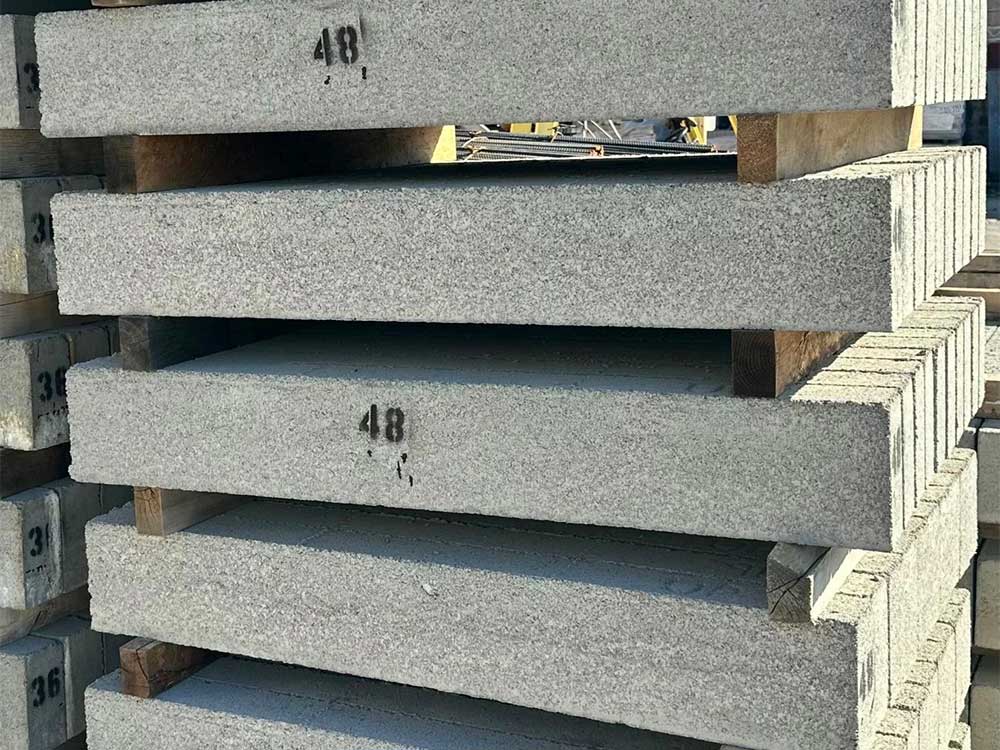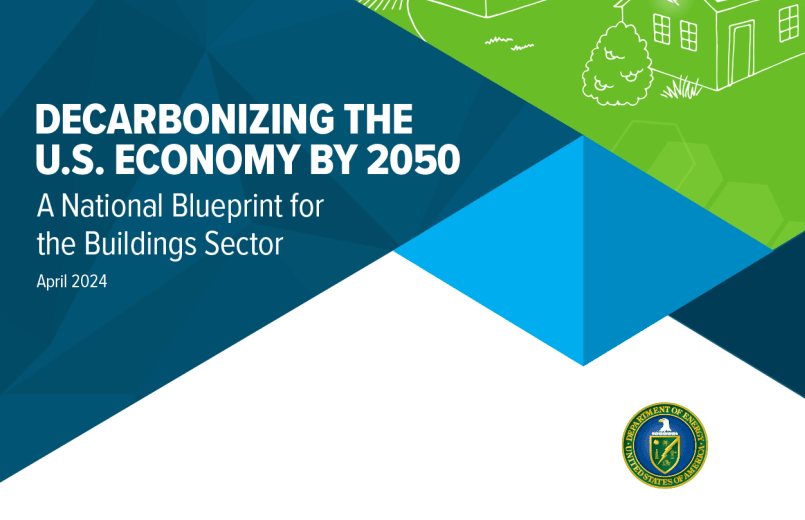6 Reasons To Choose Concrete Blocks For Construction
Concrete is a classic building material for a reason. This building material comprises water, gravel, cement, sand and a host of other aggregates, and is one of the oldest building materials in the world. The use of concrete in architecture dates back to the Ancient Egyptian period, when the material was used to build pyramids. Concrete was poured into blocks located high on the building site so that laborers did not have to haul giant stones all the way up. Versatile and affordable, concrete is still a staple material in the architectural world centuries later. In this article, we discuss 6 reasons why concrete blocks are an ideal choice for your construction project.
Cost-Efficient
We begin with the practicalities – concrete blocks are among the cheapest materials out there, even including recyclable materials and reclaimed timber. They are essential in any low-cost project.
Incombustible
At the same time, concrete blocks are extremely durable. They are able to withstand extreme heat without distorting or catching fire. Blocks that have been recovered from fires can even be refashioned into new blocks for later use.
Versatile
Malleable in its raw form, you can cast concrete into various shapes depending on what your project requires. Concrete blocks also come in a range of colors, and their surface texture is appropriate for both indoor and outdoor use.
Consistency
If the design you have is modular and uniform in nature, concrete is the ideal material for your project. Because concrete is so malleable, you can shape the blocks as precisely as you wish so that they will be able to fit into a meticulous unit. This consistency also allows you to more accurately calculate building costs beforehand.
Acoustic and Thermal Insulation
Concrete is a great noise insulator. You will notice that concrete is one of the most widely-utilized materials when it comes to shared spaces such as apartment complexes and dorms. The durability, longevity, and hardiness of the material mean that residents of said spaces can enjoy as much privacy as possible.
Furthermore, concrete blocks also provide thermal insulation. Given their density, they both store and lose heat over a long period of time. If you want your residents to be protected from the heat in summer, and for your structures to retain heat in winter, concrete is the perfect choice.
Water-Resistant
Concrete is among the better construction materials when it comes to high moisture environments. These conditions, particularly cold temperatures, can challenge concrete and result in long-term damage. In spite of that, concrete is still considered to have a low level of water absorption. Even after absorbing water, concrete remains breathable; the absorbed water can be aired out and cleaned with relative ease. There are also options to increase the longevity of concrete blocks through waterproofing; certain additives can increase the surface tension of concrete blocks and prevent the absorption of water.
Working with Concrete
Given the versatility, affordability, and durability of concrete, it is no wonder that it remains one of the most popular choices of material in construction. If you are looking for inspiration and project ideas for structures that utilize concrete, you will be able to see just how much the architectural and construction world depends on the material to bring design concepts to life.

Block SalesHarvey Palmatary
Latest News
4 Features That Makes Masonry Supply Company Stand Out
A masonry supply company plays a crucial role in the success of construction projects, providing essential materials and expertise to […]

Choosing The Right Size Lintel For Your Project
Determining the correct size of a lintel is critical for the stability and longevity of your construction project. A lintel […]

Data Misses on Embodied Carbon
There is significant urgency to avoid, reduce, or even reverse the emissions of greenhouse gases (CO2e) to avoid the worst […]

4 Masonry Tools You Should Have At Home
Effective and efficient masonry work, whether for repairs or new projects, requires the right tools. At home, having a basic […]
